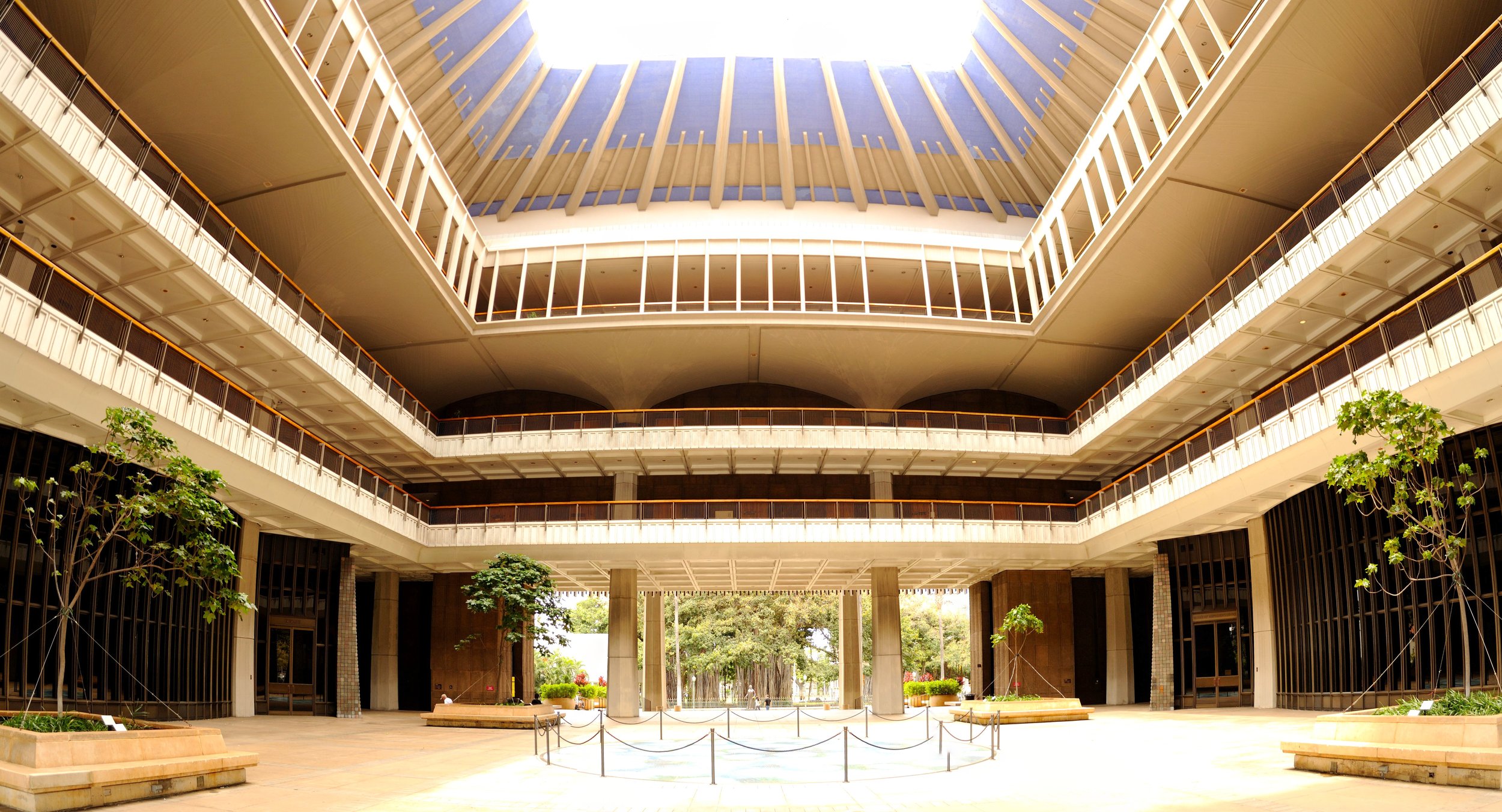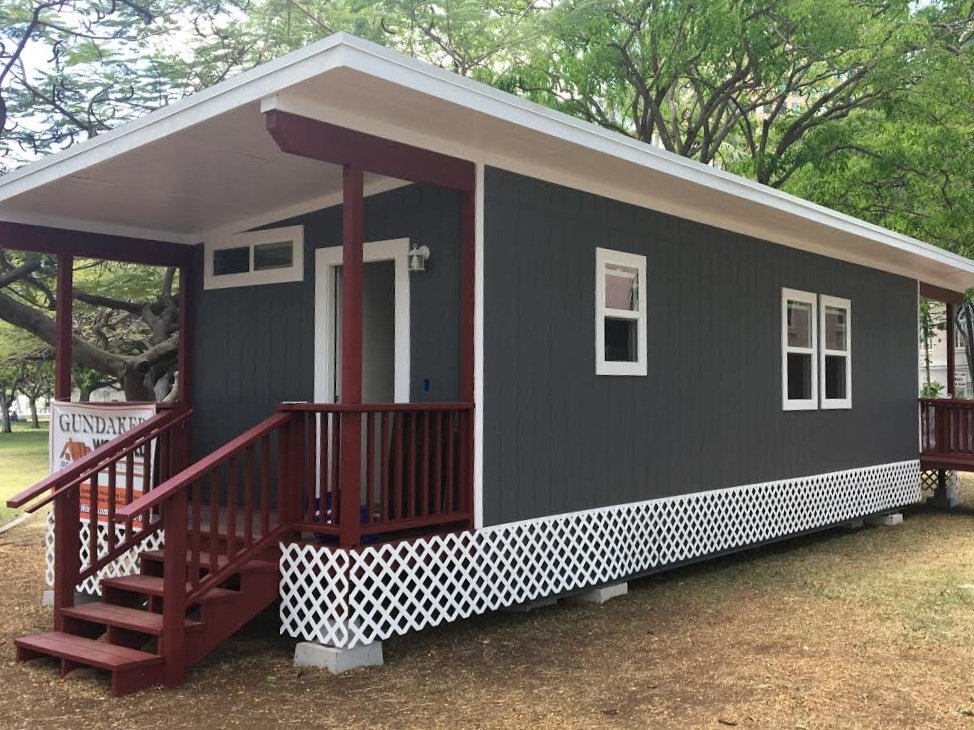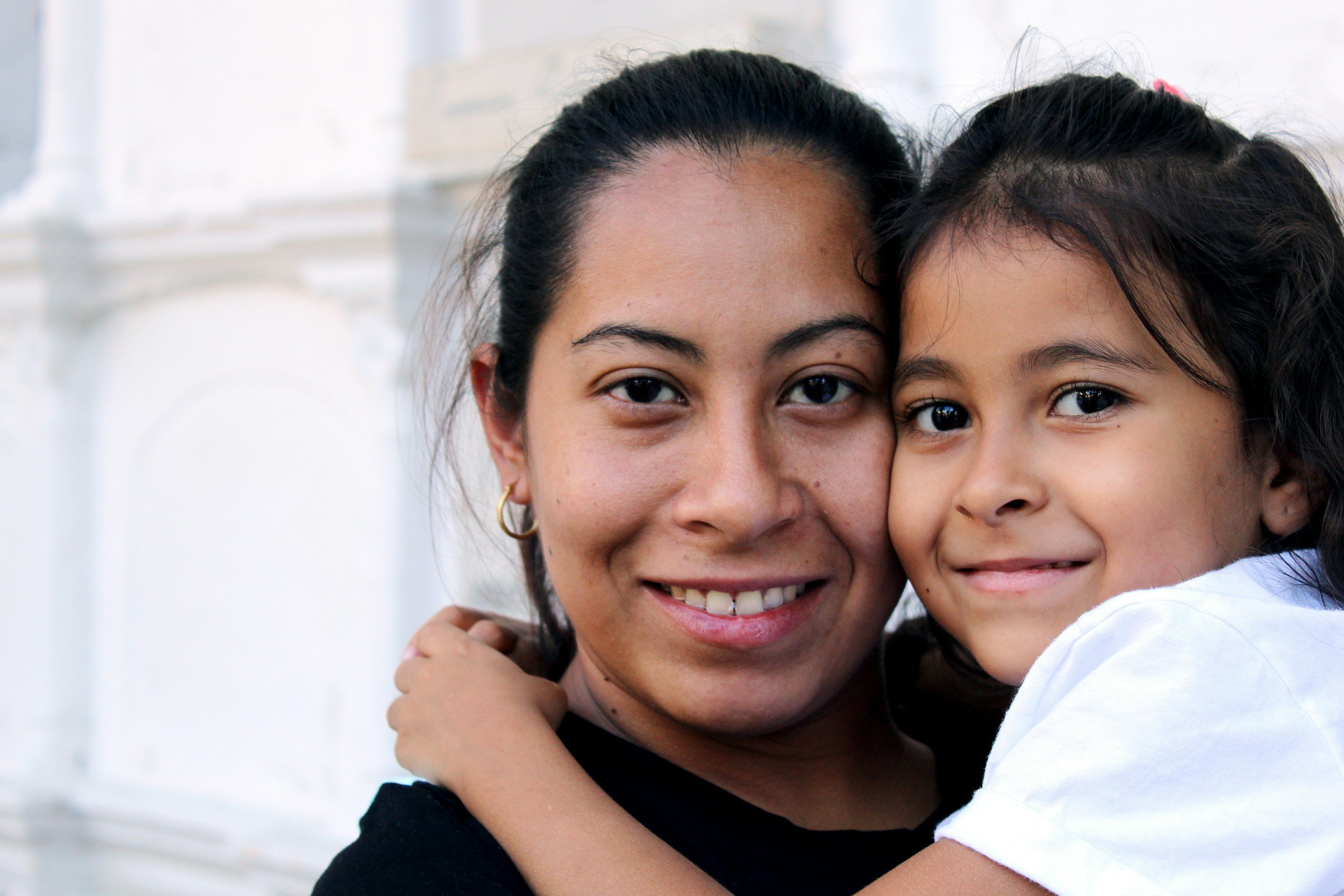
Keiki Ride Free: Building a more connected Hawaiʻi
By removing financial barriers to public transit, Hawaiʻi can empower young people to participate fully in their communities, while easing family costs and supporting climate goals.

Transformative change meets budget realities—a central lawmaking tension plays out in two new reports
Policy in Perspective 2025 and the Hawaiʻi Budget Primer FY2025–26 provide a compelling—and sometimes sobering—look at how Hawaiʻi invests, and often under-invests, in its communities.

Can Hawaiʻi afford to cut the grocery tax?
Any proposal to reduce or remove the GET on food must be paired with a credible plan for replacing the revenue. It’s a challenge, but also an opportunity to build a fairer and more sustainable system.

Proposal to raise transit fares will hurt Oʻahu riders
Increasing transit fares while household budgets are already stretched thin risks pushing out the very riders who rely on TheBus the most while decreasing ridership and revenue.

Incoming federal tax cuts will heavily favor Hawaiʻi’s wealthiest residents
The State of Hawaiʻi has an obligation to shore up its revenue through tax policies that make the wealthiest among us pay their fair share.

Hawaiʻi’s 2025 legislature focused on raising tax revenue to prepare for federal cuts
Assessing a proper tax rate on corporations and the wealthy will be necessary to produce a budget that can fund critical safety net programs and investments in our future.

Transformative housing bills went nowhere this legislative session, but small wins keep hope alive
With federal cuts looming and home prices still climbing, the stakes have never been higher. One thing is clear: Hawaiʻi’s families can’t afford another session of half-measures.

Building a better path to success for Hawaiʻiʻs Keiki
Hawaiʻi’s 2025 legislature boosts safe routes to school and student transportation.

Two truths in tension: Hawaiʻi’s housing crisis and the urgent need for anti-displacement measures
We should reject the false choice between growth and protection, we can do both. Anti-displacement policies like HB1325 ensure that, as we build for the future, we don’t abandon our present.

Hawaiʻi should close tax loopholes for multinational corporations
Multinational corporations make huge profits from the business activity they conduct in Hawaiʻi, while dodging the taxes they should be paying to support our state.

Expand the state’s e-bike rebate program to improve mobility options
Now is the time for the state to expand the electric bike and moped rebate program to lower household transportation costs, reduce vehicle costs, and increase resident’s physical activity.

Congress’ budget blueprint leaves Hawaiʻi’s working families behind
In effect, the budget blueprint aims to take food out of the mouths of hungry keiki, so that billionaires can pad their pockets even more on the way to the bank.

Tax credits are more necessary than ever in 2025
Hawaiʻi’s families need urgent help to deal with the high cost of living. This is especially true for parents, who have to balance the cost of child care, rent, and food every month.

How a second Trump presidency could impact the pocket books of Hawaiʻi’s working families
Outside of the top 5 percent richest households, families will likely see significant tax increases, while the cost of consumer items would spike under proposed tariffs.

Housing for all: The role of ADUs in strengthening Hawaiʻi’s communities
By creating accessible ADU financing options and streamlining regulatory processes, Hawaiʻi can empower homeowners to contribute to the housing supply while ensuring these new units remain affordable and benefit local residents.

How Hawaiʻi’s hardworking undocumented immigrants support our economy and communities
A new report from the Institute on Taxation and Economic Policy lifts up the significant tax contributions that undocumented immigrants make to our federal, state and local governments through the taxes they pay each year.

Community participation during 2024 legislative session highlights pressing nature of food insecurity in Hawaiʻi
1 in 3 Hawaiʻi households experienced food insecurity last year, underscoring the urgent need for robust policy interventions to ensure that all residents have access to adequate and nutritious food.

A mix of progress and missed opportunities: affordable housing efforts at the 2024 legislature
As Hawaiʻi continues to grapple with the complex dynamics of housing affordability and availability, it is clear that a more balanced approach that incorporates both supply- and demand-side measures, is essential.

Hawaiʻi is even less affordable after the pandemic
How have jobs, wages and costs changed from before the COVID pandemic compared to after? These charts show changes from 2019 to 2022 that have affected livability for Hawaiʻi residents.

Leverage Hawaiʻi’s conveyance tax to equitably fund affordable housing, land conservation and infrastructure needs
The legislature has the opportunity this session to raise revenue to pay for much needed affordable housing—as well as land conservation and infrastructure—by increasing conveyance tax rates on investment properties.
